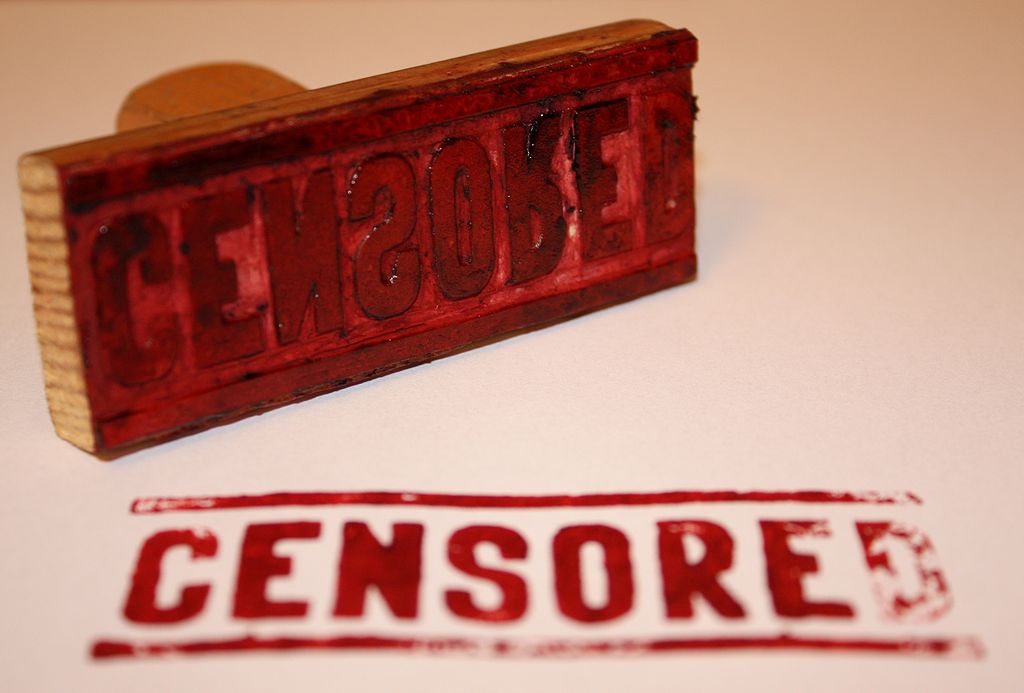State Lawmakers Propose Internet Censorship under Guise of Preventing Human Trafficking

Lawmakers in more than 15 states have proposed legislation that would censor the internet and stifle free speech in an ill-conceived attempt to prevent human trafficking.
State Lawmakers Propose Internet Censorship under Guise of Preventing Human Trafficking
The “Human Trafficking and Prevention Act” (HTPA), versions of which are currently circulating in state legislature across the country, forces manufacturers to install so-called “obscenity filters” that would block pornography and other supposedly-objectionable content on computers, cell phones, and all other internet-enabled devices.
To remove the HTPA filters, users would have to pay a $20 fee — per device — an “internet censorship tax” that would be paid to the government. Considering that approximately one-fifth of American households own 10 or more internet-connected devices, this fee will become quite prohibitive for many families.
Device owners seeking to have the filter removed would also have to submit a written request to the manufacturer, and privacy advocates also warn that companies would likely be required to maintain records on everyone who paid to have the filters removed.
This policy is clearly meant to shame users, many of whom would desire to remove this state-mandated bloatware for reasons other than viewing pornographic material. Gamers and other resource-intensive users desire to remove unnecessary programs to enhance device performance, and the filter would likely prevent more-robust internet filters — such as those that many parents already use to ensure that their children stay safe online — from functioning properly.
The HTPA Would Erode Free Speech
The most insidious effect of the HTPA, however, is that it would erode the right to free speech, which has been codified into the First Amendment and upheld by the Supreme Court throughout the nation’s history.
As the Electronic Frontier Foundation (EFF) noted in its scathing takedown of the HTPA, this bill would create a “massive, easily abused censorship apparatus” that would give the government unprecedented authority to censor internet content.
Such schemes always begin with content that many users find objectionable or may be embarrassed to defend — such as pornography — but censorship power, once granted to the government, can just as easily be expanded to include other thoughtcrimes as well.
As Rick Falvinge wrote in response to a similarly-concerning internet censorship program adopted by the UK, even those with moral objections to pornography should be alarmed at such sweeping attempts to allow government censors to weasel their way between content producers and consumers.
“A partial ban on pornography online is the thin edge of a 200-ton steel wedge between yourself and any information the government doesn’t want you to see,” he concluded.
